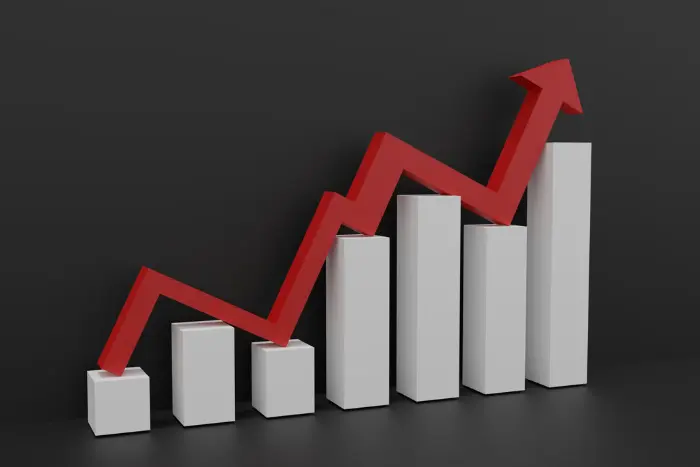How will the rising crude prices impact Australia and it's economy?
 Get your Free Report on Top 5 ASX stocks for 2025
Get your Free Report on Top 5 ASX stocks for 2025
If Iran breaches a cap on its enriched-uranium stockpile anytime soon then it will be pushing its conflict with the U.S. into a dangerous new phase.
And as the standoff between US and Iran continues, President Donald Trump said Saturday he’ll impose “major” additional U.S. penalties on Monday.
Major impact among all other things would be a substantial rise in crude prices as has already been witnessed in the days gone by.
How would it affect Australia and its population?
Australians are largely urbanised with 66% of the population living in big cities along the south and east coast. The rural and remote parts of the country are very sparsely populated, and are highly dependent on oil for transport.
Australia is extremely "automobile-dependent”. Our cities and transport-intensive economy has been shaped by cheap oil. Subsidised freight transport centralises production at the expense of local industries. Even our supermarkets offer petrol discounts so that those without cars subsidise heavy fuel users through increased food prices.
Australia is a dry continent and its soils are generally nutrient deficient. Agriculture in Australia is dependent on increasing fertilizer inputs, mechanized farming and long distance transport. It is becoming a way of using land to convert petroleum into food. Australian farmers will be faced with reinventing their industry including returning to using natural nitrogen fixation with legumes.
The most direct impact of higher oil prices on households comes through the channel of higher petrol prices as the demand for oil remains relatively inelastic. Around 62% of people use a car to travel to work. If petrol prices remain at elevated levels we may see some impacts on housing spending patterns. Households are unlikely to cut down their rate of savings any further, particularly now dwelling prices are falling. So higher fuel bills are likely to be paid for by cut backs to spending on other goods and services.
Domestic gas prices have become increasingly linked to international prices in recent years. And electricity prices have become closely linked with domestic gas prices. But citing that same link between gas and oil prices — higher oil prices will provide a boost for the export component of GDP.
The surge in LNG production since late-2016 has seen Australia become a net exporter rather than a net importer, which means the dollar-value of our exports and terms of trade both stand to benefit if higher oil prices flow through to LNG.
In that scenario, the economy could also get a boost from further investment in LNG projects and higher government tax revenues.

Latest Article






Checkout Our Recommendation for free - 7 days free trial
Start Free TrialDisclaimer
Veye Pty Ltd(ABN 58 623 120 865), holds (AFSL No. 523157 ). All information provided by Veye Pty Ltd through its website, reports, and newsletters is general financial product advice only and should not be considered a personal recommendation to buy or sell any asset or security. Before acting on the advice, you should consider whether it’s appropriate to you, in light of your objectives, financial situation, or needs. You should look at the Product Disclosure Statement or other offer document associated with the security or product before making a decision on acquiring the security or product. You can refer to our Terms & Conditions and Financial Services Guide for more information. Any recommendation contained herein may not be suitable for all investors as it does not take into account your personal financial needs or investment objectives. Although Veye takes the utmost care to ensure accuracy of the content and that the information is gathered and processed from reliable resources, we strongly recommend that you seek professional advice from your financial advisor or stockbroker before making any investment decision based on any of our recommendations. All the information we share represents our views on the date of publishing as stocks are subject to real time changes and therefore may change without notice. Please remember that investments can go up and down and past performance is not necessarily indicative of future returns. We request our readers not to interpret our reports as direct recommendations. To the extent permitted by law, Veye Pty Ltd excludes all liability for any loss or damage arising from the use of this website and any information published (including any indirect or consequential loss, any data loss, or data corruption) (as mentioned on the website www.veye.com.au), and confirms that the employees and/or associates of Veye Pty Ltd do not hold positions in any of the financial products covered on the website on the date of publishing this report. Veye Pty Ltd hereby limits its liability, to the extent permitted by law to the resupply of services.